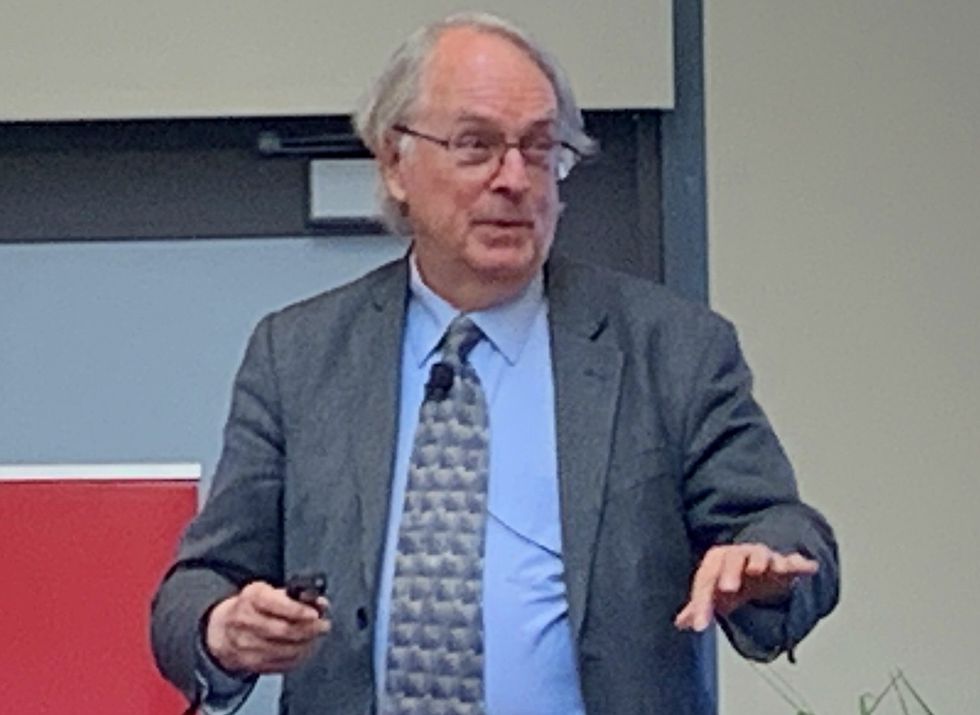| Lithium Battery Ripe for Disruption, Inventor Says | 您所在的位置:网站首页 › stanley whittingham › Lithium Battery Ripe for Disruption, Inventor Says |
Lithium Battery Ripe for Disruption, Inventor Says
|
The lithium-ion battery isn’t going anywhere soon. That’s what M. Stanley Whittingham, the Nobel laureate who created the first rechargeable lithium-ion battery some 50 years ago, told attendees of the SLAC-Stanford Battery Research Center Launch Symposium on Thursday. The new organization aims to bridge gaps between organizations that research, manufacture, and deploy large-scale energy storage systems.
It’s going to be at least 5-to-10 years before any alternative technologies can compete on cost with lithium-ion technology, Whittingham predicted. Given that this technology will stick around for some time to come, Whittingham has concerns—big concerns—about how the world makes and uses these energy-storage devices. Here are the big issues he worries about: ManufacturingIt’s ridiculous that manufacturing technologies haven’t changed in 30 years, Whittingham says. “We need to reduce the 60 to 80 kilowatt-hours of electricity it takes to produce a 1-kWh battery,” he says. “We’ve got to find new manufacturing technologies.” RecyclingWhittingham is also worried about recycling technologies. He’s encouraged that facilities to recycle lithium-ion batteries are being built around the world, but he adds, “We need to make sure they are clean.” MiningThe supply chain for the minerals used in battery manufacturing in the first place also need work. “We need regional supply chains,” Whittingham says. And “we need to look at clean mining with clean energy.” Heavy MetalsGiven that some components of a lithium-ion battery’s traditional chemistry are inherently toxic, they must be engineered out of the device as soon as possible, Whittingham says. He put it bluntly: “Cobalt must go!” The Exploding Battery Nightmare“We can’t have cheap junk out there,” Whittingham says. He called for a U.S. federal government mandate requiring that all products that incorporate lithium-ion batteries be approved by Underwriters Laboratories or an equivalent testing and certification organization. Safety MythsWith much attention being paid these days to the possibilities of solid-state batteries, Whittingham points out that some claims for the technology are overblown, that is, solid state chemistries are not necessarily safer than liquid chemistries, and carry their own risks, given they incorporate far more lithium. “If you go to solid state,” he says, “please don’t say it’s safer until we prove that it’s safer!” From Your Site ArticlesHow to Build a Safer, More Energy-Dense Lithium-ion Battery ›Lithium-Ion Battery Recycling Finally Takes Off in North America and Europe ›Less Fire, More Power: The Secret to Safer Lithium-Ion Batteries ›Related Articles Around the WebWhat Are Lithium-Ion Batteries? | UL Research Institutes ›Lithium-ion battery - Wikipedia › |
【本文地址】
 M. Stanley Whittingham, Nobel laureate
M. Stanley Whittingham, Nobel laureate